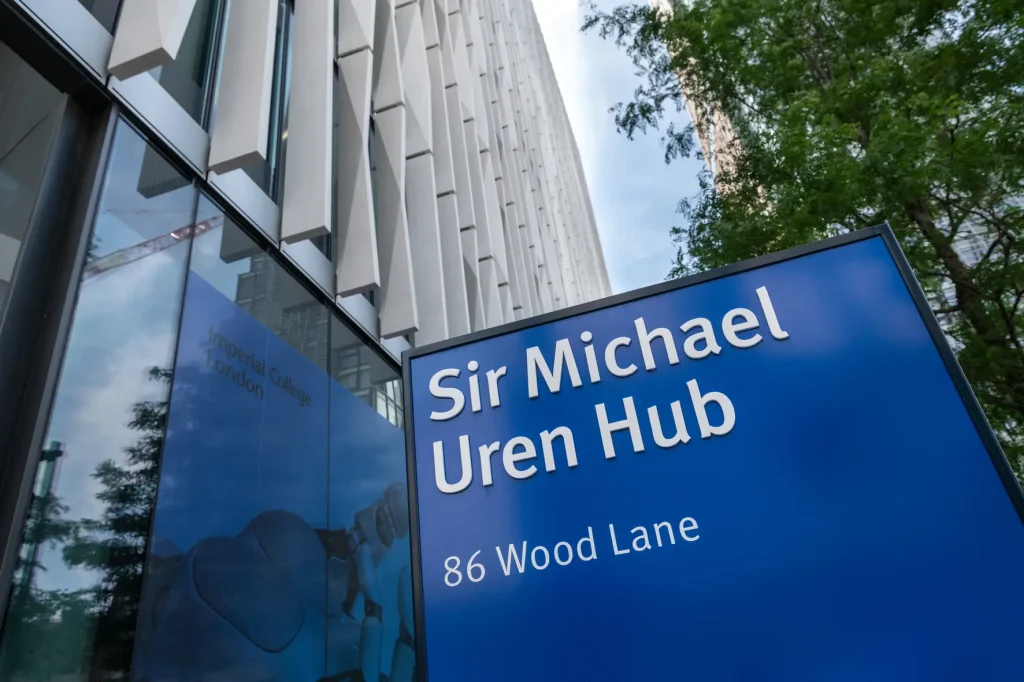
Imperial College London
Imperial College London is consistently rated in the top-five UK universities and in the top twenty worldwide. The Neuromechanics and Rehabilitation Technology group was established by Prof. Dario Farina in 2016 in the Department of Bioengineering at Imperial College. The Department of Bioengineering at Imperial College London is leading the bioengineering agenda both nationally and internationally, advancing the frontiers of our knowledge in the discipline’s three main areas: Biomedical Engineering (Developing devices, techniques and interventions for human health), Biological Engineering (Solving problems related to the life sciences and their applications for health), Biomimetics (Using the structures and functions of living organisms as models for the design and engineering of materials and machines). The Department’s staff comes from diverse academic disciplines including all main branches of engineering, physical sciences, life sciences and medicine, creating a rich collaborative environment.
The mission of the the Neuromechanics and Rehabilitation Technology group is to conduct fundamental research in neuromechanics and to translate the scientific knowledge into rehabilitation technologies. We continuously look for motivated students and each year we take on several undergraduate (BSc/BEng/MEng) and postgraduate (MSc/MRes) students on relevant degree programmes at Imperial, as well as from external institutions (via Erasmus/UROP schemes). The main research lines of the group are the following:
- Neural Interfacing: Design and test of wearable and implantable bioelectrodes; high-performance bioamplifiers
- Biosignal processing: Neural and biophysical modelling/processing of biosignal generation
- Neurophysiology of movement: Deciphering the neural mechanisms for movement generation
- Neuromechanics of movement: Neural determinants of body mechanics (from cell to function); neural-driven musculoskeletal models for man-machine interaction
- Bionics: Robust control of active prostheses and sensory feedback; mechatronic design of prostheses Restoration and augmentation: Control of active orthoses and exoskeletons; mechatronic design; soft robotics
- Neuromodulation: Closed-loop brain-computer interfaces and robot-aided therapy; Neuroprostheses

